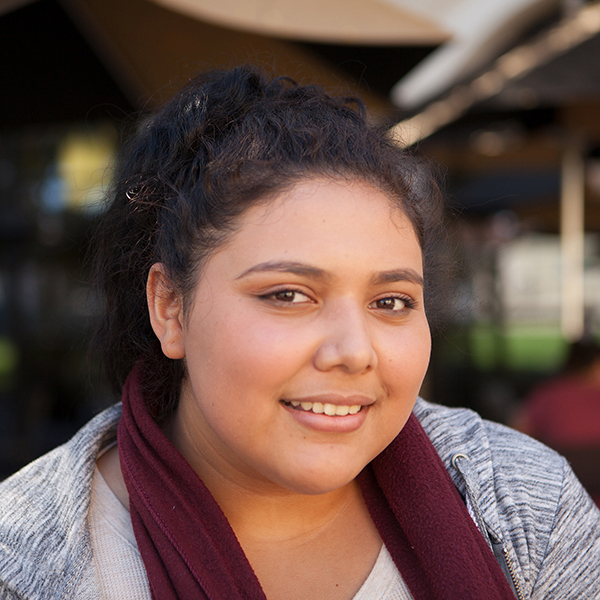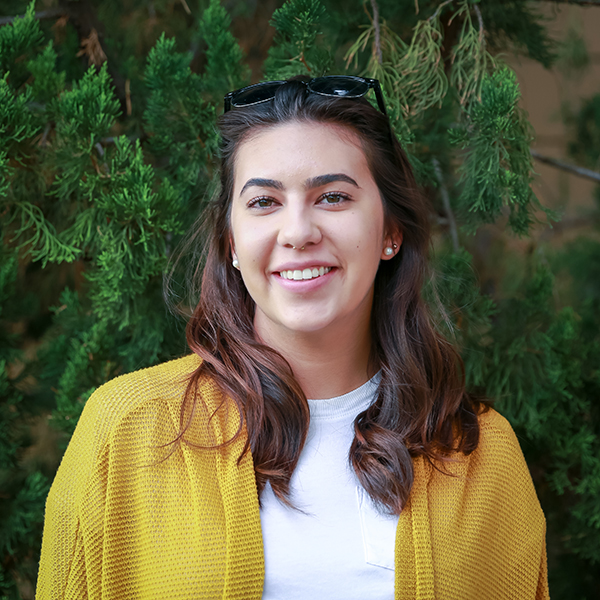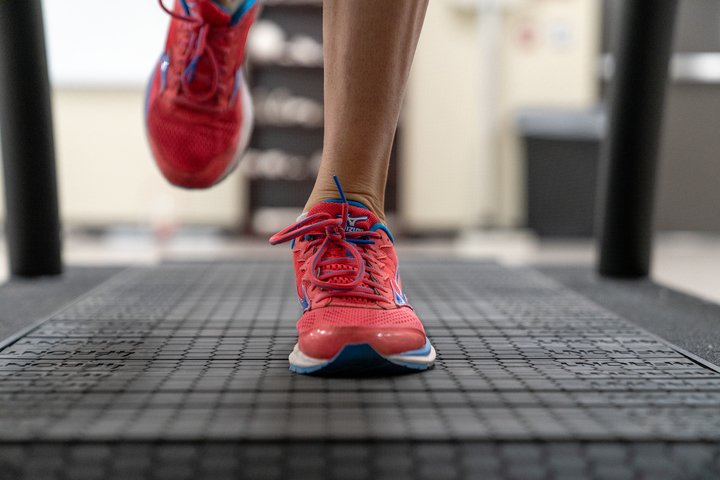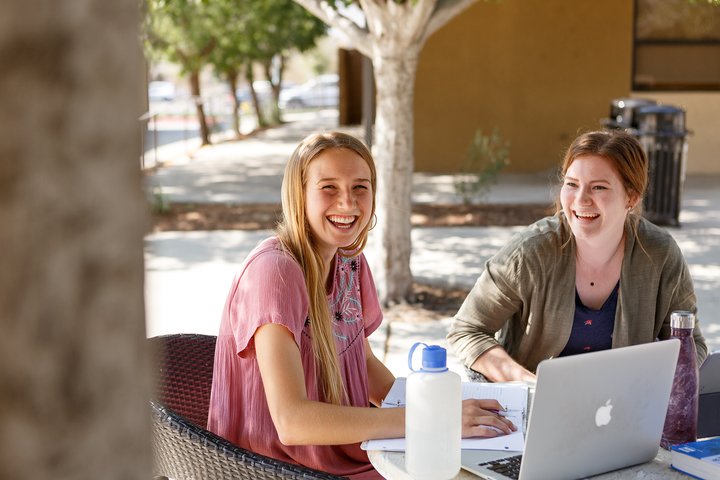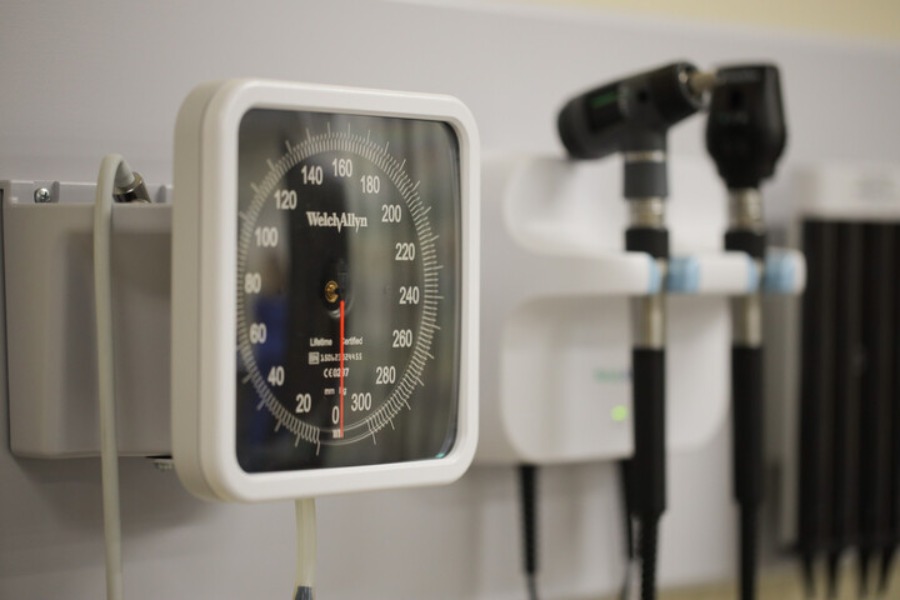
Health Science, BS
CBU’s health science major prepares students for entry into health-related professional schools, including medical, dentistry, pharmacy and physician assistant programs.
Program Intro
CBU's health science major uses a robust science curriculum and an array of health science coursework to ensure students gain a competitive edge for further study and careers in the health industry.
*29-34 required major courses, depending on chosen concentration
Why Study Health Science at CBU?
Gain a competitive edge
Professional schools (like medical schools or physician assistant programs) are becoming highly competitive. By having a degree in health science, students will stand out. Not only will they complete the prerequisite requirements needed but they will also have the background in healthcare administration, health policy, and disease prevention to be a better clinician and impact patients' lives.
Work in the field
Field experience opportunities allow students to become involved in the clinical nature of the health professions, further strengthening the theoretical concepts of holistic care covered in the classroom. Students develop a heart for service as they use their skills in healthcare to take part in a wide range of service opportunities on campus, and in the local and global communities.
Serve overseas
Students can travel during the summer and serve in the health professions in various overseas locations. Some locations include Tanzania, China and the Philippines. To prepare for participation in Global Health Engagement, students will need to take two courses, ALH 301 Global Health Engagement Seminar and ALH 401 Global Health Engagement Practicum.
What You'll Learn
Students graduating with a bachelor's degree in health science will learn to:
- Understand the U.S. health care system.
- Demonstrate understanding of research methodology and the scientific method.
- Demonstrate a thorough understanding of the relationship between disease prevention
and health promotion.
- Display effective communication skills.
- Demonstrate competence in applied statistical analysis.
- Analyze the complexity of health improving behaviors through investigating evidence based approaches to health behavior change.
Program Details
HSC 210: Ethics in Health Care
This course provides grounding in ethical theories and principles as they relate to and impact current health care issues and policies.
HSC 305: Epidemiology
Principles and methods used to investigate the distribution, determinants, and prevention strategies for disease in human populations.
HSC 306: Pathophysiology for Public Health
This course introduces students to the basic pathogenesis of disease in human beings. The course will describe the most common disorders as they relate to each major body system while exploring the etiology, risk factors, diagnostic and prognostic procedures of each disease.
- Pre-Dental Concentration
- Pre-Medicine Concentration
- Pre-Pharmacy Concentration
- Pre-Physician Assistant Concentration

Robert LaChausse, Ph.D.
Professor
2023 Trustee's Distinguished Scholar Award
Office Phone: 951-552-8484
E-mail: rlachausse@calbaptist.edu
Office Location: Health Science Campus H144

Melissa Wigginton, DrPH, CHES
Professor of Health Science
Office Phone: 951-552-8537
E-mail: mwigginton@calbaptist.edu
Office Location: Health Science Campus H-138
Career Possibilities
Graduates of CBU's health science bachelor's program will be well prepared for graduate school as well as various careers in the health industry.
- Pre-Dental
- Pre-Physician Assistant
- Pre-Pharmacist
- Pre-Physician
- Research Assistant
Related Programs
Next Steps
Join our community. At CBU, you’ll be challenged to become an individual whose skills, integrity, and sense of purpose glorify God and distinguish you in the world.

